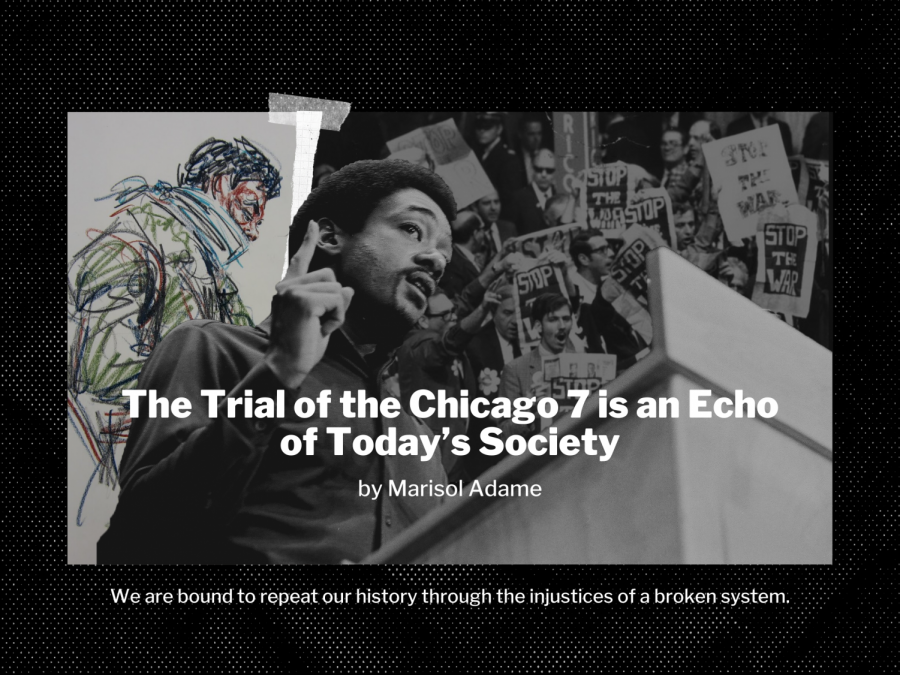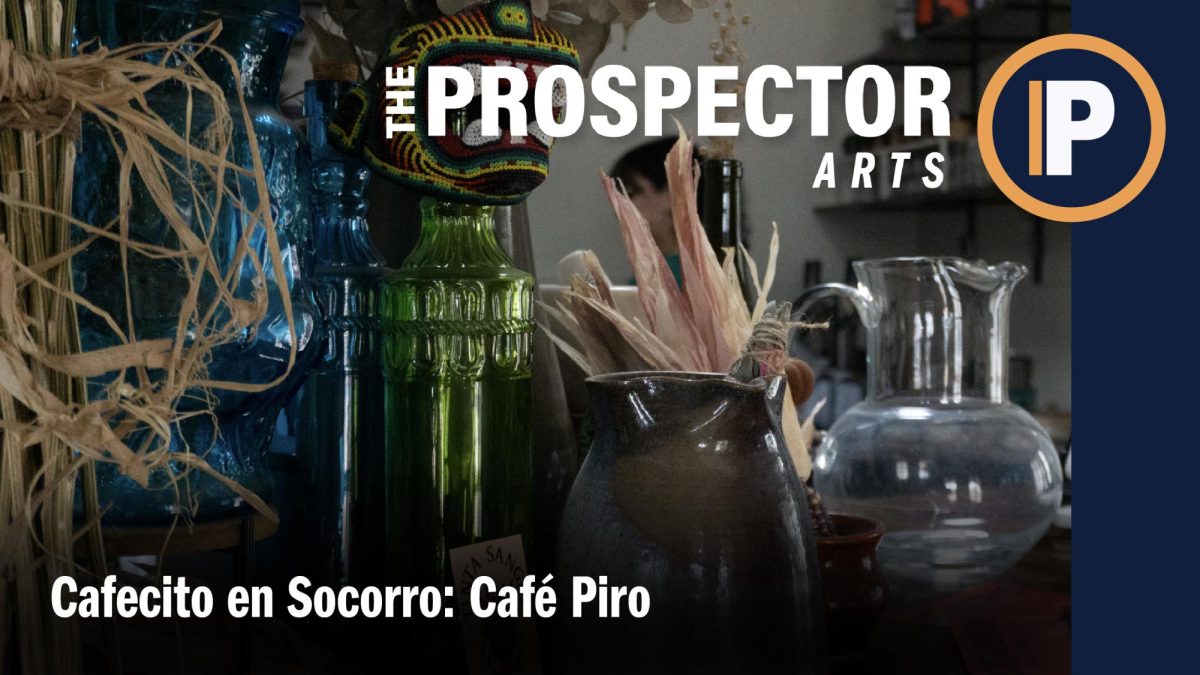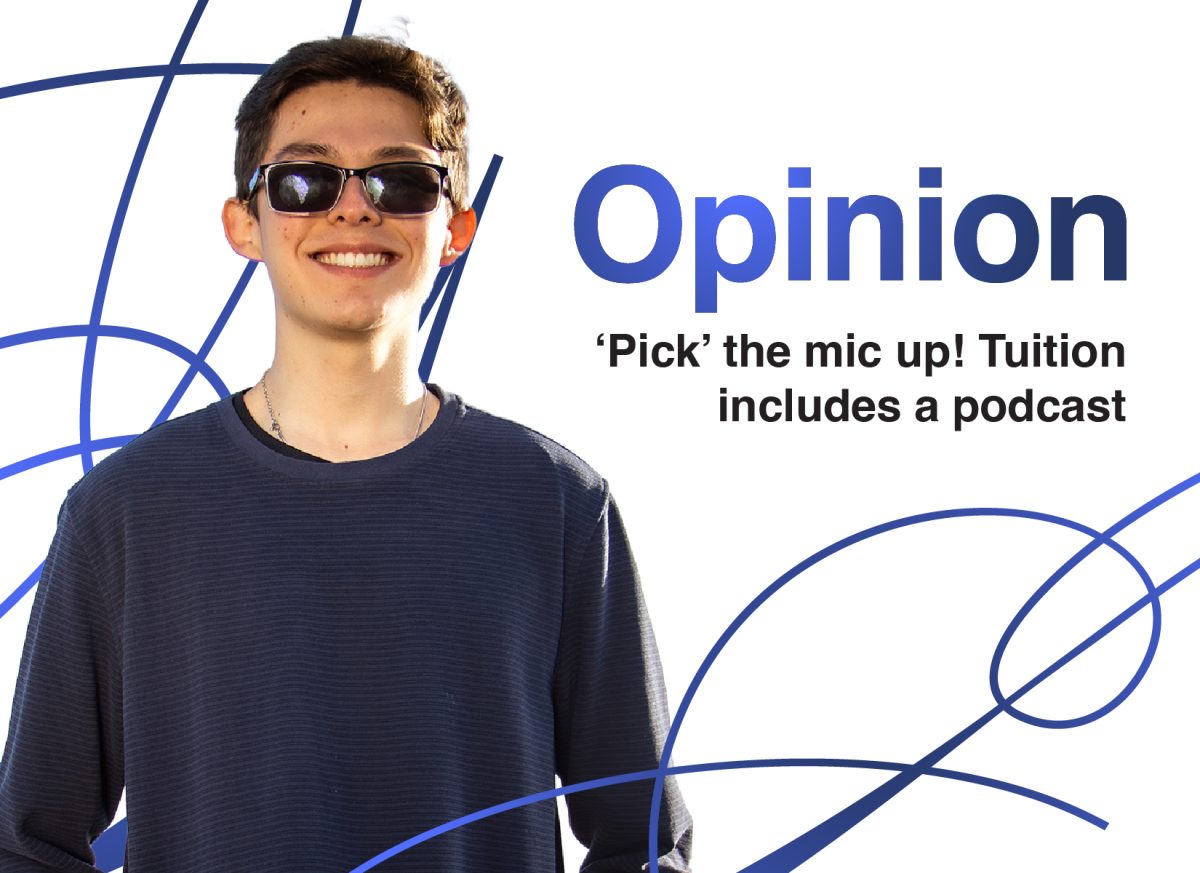For anyone wondering why The Trial of the Chicago 7 so successfully portrays a story from 1968 and makes it so relevant to the current state of the country, it’s not just because of excellent screenwriting and outstanding performances. It’s also because it inherently reflects we are bound to repeat and continue on repeating our history through the injustices of a broken system.
During many instances I felt my blood boil and quickly rise to my head, and I would find myself constantly clenching my fists in frustration. My eyes filled up with tears in the exact manner that Bobby Seale’s, portrayed by Yahya Abdul-Mateen II, eyes did when he was gagged in court by a Judge’s ruling, which happened after many attempts at trying to defend his right to counsel in the same court. These reactions happened because I was recognizing these scenes that echo so many of today’s stories.
I got all these feelings because I knew that I was not seeing just a movie based on past events, but I was seeing a reflection of a movie we’re all currently living through. I kept thinking about who will write the movie script, 40-50 years from today, about the current events and protests. Who will play the role of those who are seeking justice out on the streets and are being gassed, tasered, beaten, arrested or even run over? Is anybody right now making a list of names of all the lives that have been taken and lost so far?
Then I realized that while we can’t decide who will play our role in the future, we can decide what role we get to play in the present. We can decide to use our voice, especially and specifically through voting within the next few weeks.
Another aspect that The Trial of the Chicago 7 helped me reflect on is how the perception of individuals that are part of a larger movement or group, can easily be taken out of context. Here are these people on trial for taking their ideas and defending their rights in a country that needs healing as much as they do; but their representation of those ideas was taken out of context which developed into chaotic and tragic events. It can often become easy to judge certain movements based on what we read or see in the news or on the internet but what a movie like this one does is present each individual side of what every person is going through. A movie like this can help us empathize with individuals on a much more human level.
For a moment, while watching the film, I was feeling hopeless and trapped in a horrible cycle of injustice, violence, loss and helplessness. And then in the scene where Abbie Hoffman, portrayed by Sacha Baron Cohen, takes the stand he mentions something that gave off a bit of release and a bit of hope. He quotes president Lincoln in his inaugural address in which he said, “When the people shall grow weary of their constitutional right to amend their government, they shall exert their revolutionary right to dismember and overthrow that government.” Then Hoffman is questioned as to how a government can be overthrown or dismembered peacefully and to this Hoffman responds, “In this country, we do it every four years.” And although some of the terms used in these quotes may seem radical or extreme, they speak to a desire and need for change under dire circumstances. I believe this scene is among the ones that resonated most with me. Because even if at this moment some people might not feel confident that voting is enough to fix a broken system, it is a starting point.
The Trial of the Chicago 7 helped me understand that it is, now more than ever, time to vote for the change we want to see. It is time to get informed and let our voice be heard. And whether we choose to get to the nearest voting poll or mail in our vote, we must do it now. November 3rd is the deadline and it’s getting closer and closer. It’s time to vote because our lives depend on it.
Marisol Adame may be reached at [email protected] Marisol Adame is a UTEP student and guest writer for this week’s issue.














